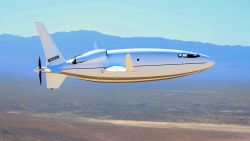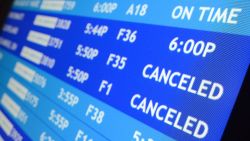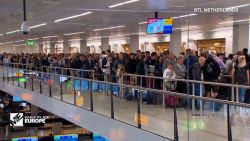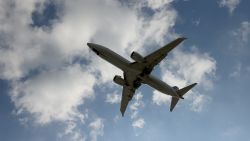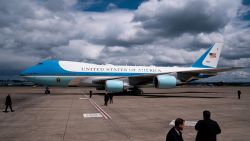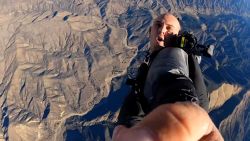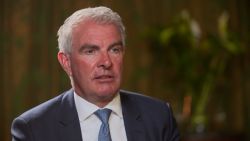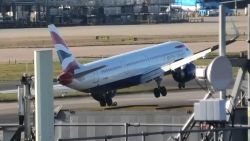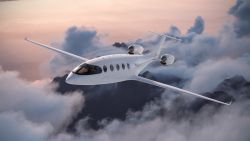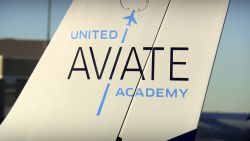European discount carrier Norwegian Air is seeking compensation from Boeing for its grounded fleet of 737 Max 8 jets.
Norwegian is the first airline to say publicly it will demand that Boeing pay for lost flight time. It is expected other airlines will follow suit.
Aviation authorities throughout Europe ordered the grounding of the jets Tuesday in the wake of Sunday’s crash of a 737 Max 8 jet operated by Ethiopian Airlines that killed all on board. The United States and Canada followed suit Wednesday. The crash was the second deadly incident involving the 737 Max 8 plane in less than six months.
Norwegian has eighteen 737 Max 8 planes in its fleet, mostly for trans-Atlantic flights between Europe and the East Coast of the United States. The airline has ordered more than 100 of the 737 Max 8 planes.
“It is quite obvious we will not take the cost related to the new aircraft that we have to park temporarily,” said Norwegian CEO Bjørn Kjos in a recorded message to customers. “We will send this bill to those who produce this aircraft.”
Kjos apologized to customers affected by the grounding of the planes and said passengers would be taken care of by combining flights, reallocating aircraft and rebooking customers on other airlines. He said Norwegian lost just 1% of the airline’s seat capacity because of the grounding, and he hoped the planes would be back in the air soon.
Aviation authorities in most of Europe as well as the United States, Australia, Indonesia, China and elsewhere have barred the planes from their airspace. A growing number of airlines have also announced they won’t fly the planes until they know what happened in Sunday’s fatal crash.
Boeing paid an undisclosed amount to airlines affected by a 2013 grounding of its 787 Dreamliner jets after some of the planes’ batteries caught fire. It said the cost of that grounding was “minimal.”
The three-month grounding was worldwide, but it occurred when only 50 of those planes were in service. There are more than 350 of the 737 Max planes of different configurations that have already been delivered to airlines around the world.
Spokespeople for Norwegian Air would not discuss how much money it would be seeking from Boeing for this grounding. Accurate estimates as to what Boeing would have to pay are difficult to come by. It is determined by terms of closely guarded sales contracts between the aircraft maker and its customers. Just being late with a delivery can cause Boeing or rival Airbus to compensate its customers.
During the 787 problems in 2013, All Nippon Airways reported that it lost revenue of nearly $1 million for each of its 17 grounded planes in just the two weeks of the shutdown. It said it would seek compensation from Boeing to cover that loss.
During the the Lion Air crash in Indonesia nearly six months ago, the pilots fought to take control of the plane when its nose was forced down by an automatic safety feature. Everyone onboard was killed.
Acting US FAA Administrator Daniel Elwell told reporters Wednesday that the grounding in the United States, which effects Max 8 and 9s, will remain in effect pending new information.
“Since this accident occurred we were resolute that we would not take action until we had data,” Elwell said. “That data coalesced today.”
Elwell said the new data was “added fidelity — missing pieces that we did not have prior to today.” It aligned the Ethiopian flight data to the Lion Air incident.
Boeing (BA) said it continues to have “full confidence in the safety of the 737 Max.” But it said it recommended the “temporary suspension” of operations of its entire fleet of Max plans “out of an abundance of caution.”



